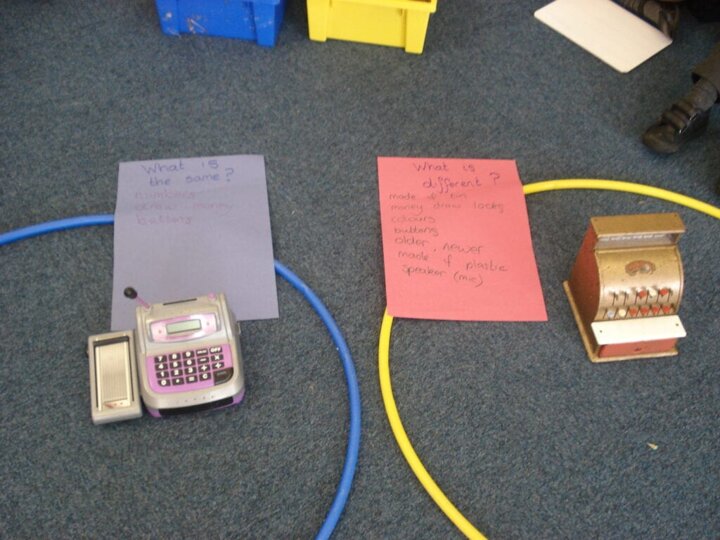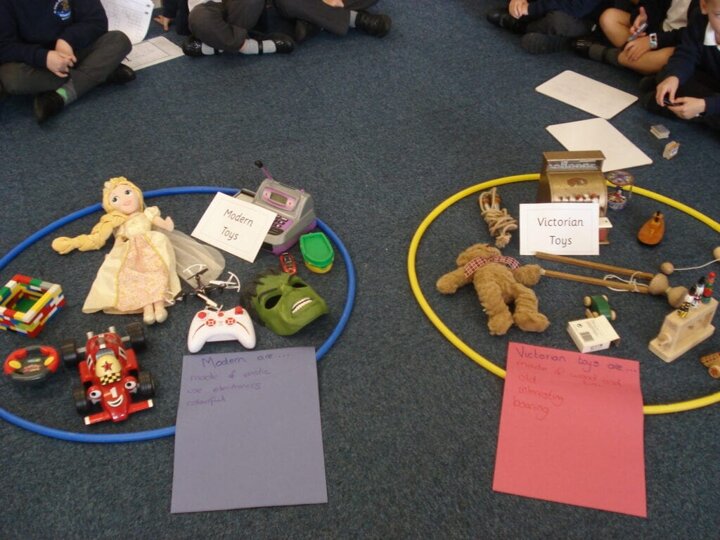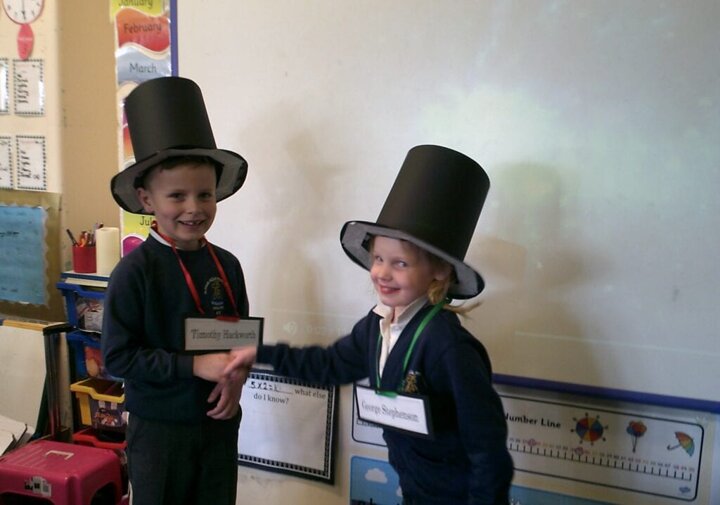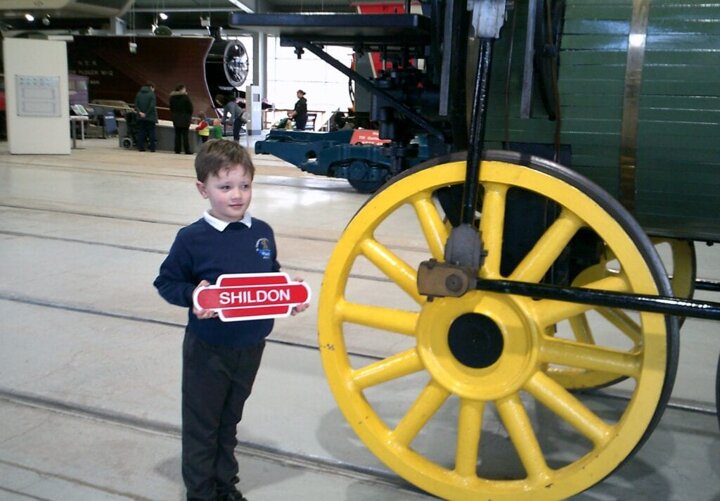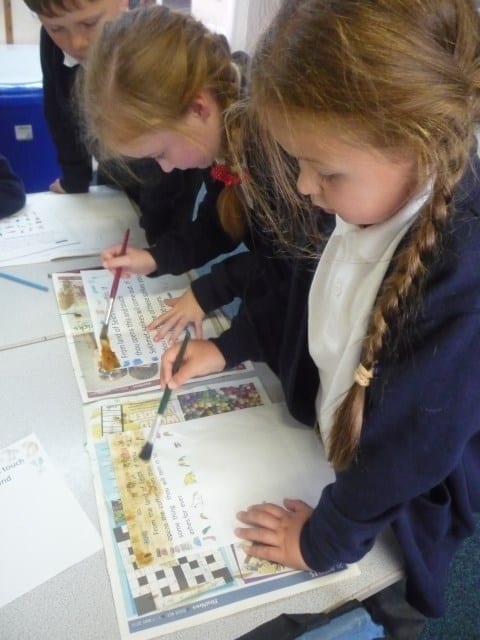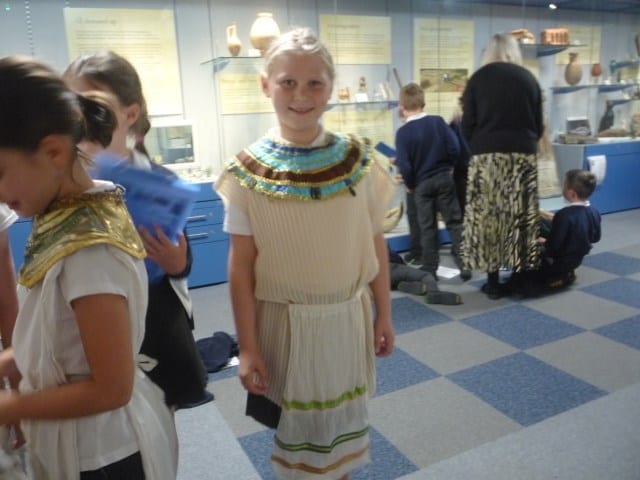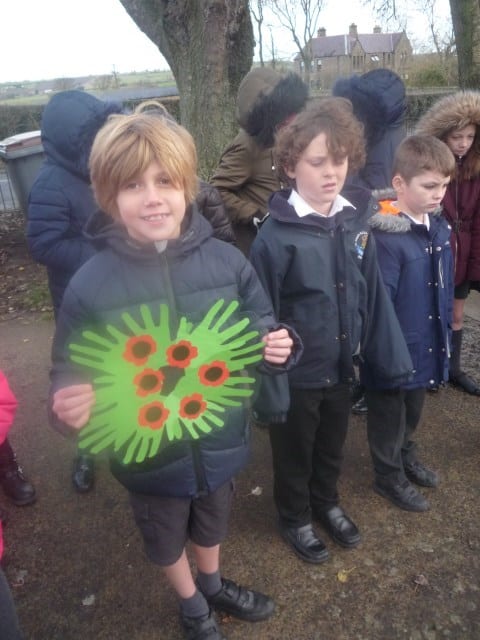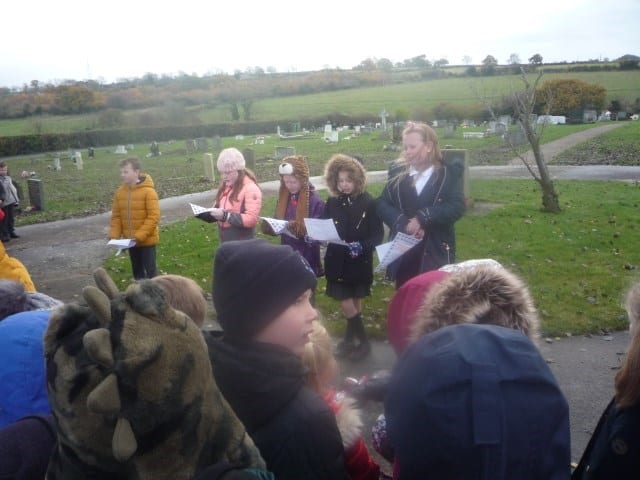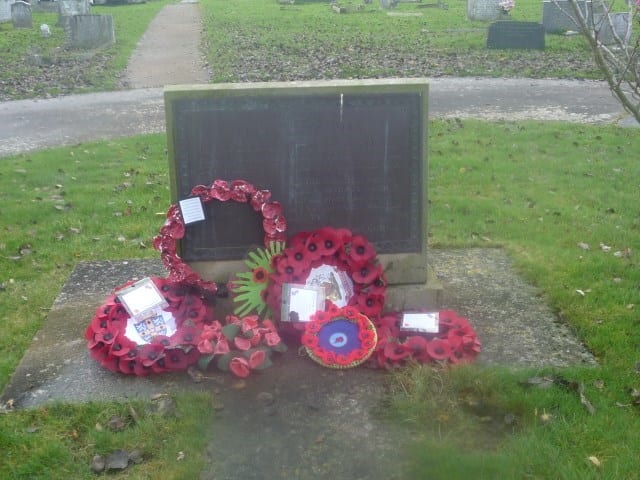Why we teach History at St. Chad’s
History helps our pupils to gain a coherent knowledge and understanding of Britain’s past and that of the wider world. It inspires our pupils’ curiosity to know more about the past.
History equips our pupils to ask perceptive questions, think critically, weigh evidence, sift arguments, and develop perspective and judgement.
History also helps our pupils to understand the complexity of people’s lives, the process of change, the diversity of societies and relationships between different groups, as well as their own identity and the challenges of their time.
How we teach History at St. Chad’s
History is taught in half-termly blocks throughout the year from Year 1 to 6. Each class has a long-term plan with three areas of history to cover. Where appropriate, links are also made to historical skills/ knowledge during other subject lessons. Skills are progressive across each key stage and are revisited to ensure consolidation.
Teachers make full use of the fantastic local resources to support children’s learning. Educational visits include Beamish, Locomotion, The Oriental Museum and Binchester Fort.
What we aim to achieve through the teaching of History at St. Chad’s
To ensure that all of our pupils:
- know and understand the history of these islands as a coherent, chronological narrative, from the earliest times to the present day: how people’s lives have shaped this nation and how Britain has influenced and been influenced by the wider world
- know and understand significant aspects of the history of the wider world: the nature of ancient civilisations; the expansion and dissolution of empires; characteristic features of past non-European societies; achievements and follies of mankind
- gain and deploy a historically grounded understanding of abstract terms such as ’empire’, ‘civilisation’, ‘parliament’ and ‘peasantry’
- understand historical concepts such as continuity and change, cause and consequence, similarity, difference and significance, and use them to make connections, draw contrasts, analyse trends, frame historically valid questions and create their own structured accounts, including written narratives and analyses
- understand the methods of historical enquiry, including how evidence is used rigorously to make historical claims, and discern how and why contrasting arguments and interpretations of the past have been constructed
- gain historical perspective by placing their growing knowledge into different contexts: understanding the connections between local, regional, national and international history; between cultural, economic, military, political, religious and social history; and between short- and long-term timescales
